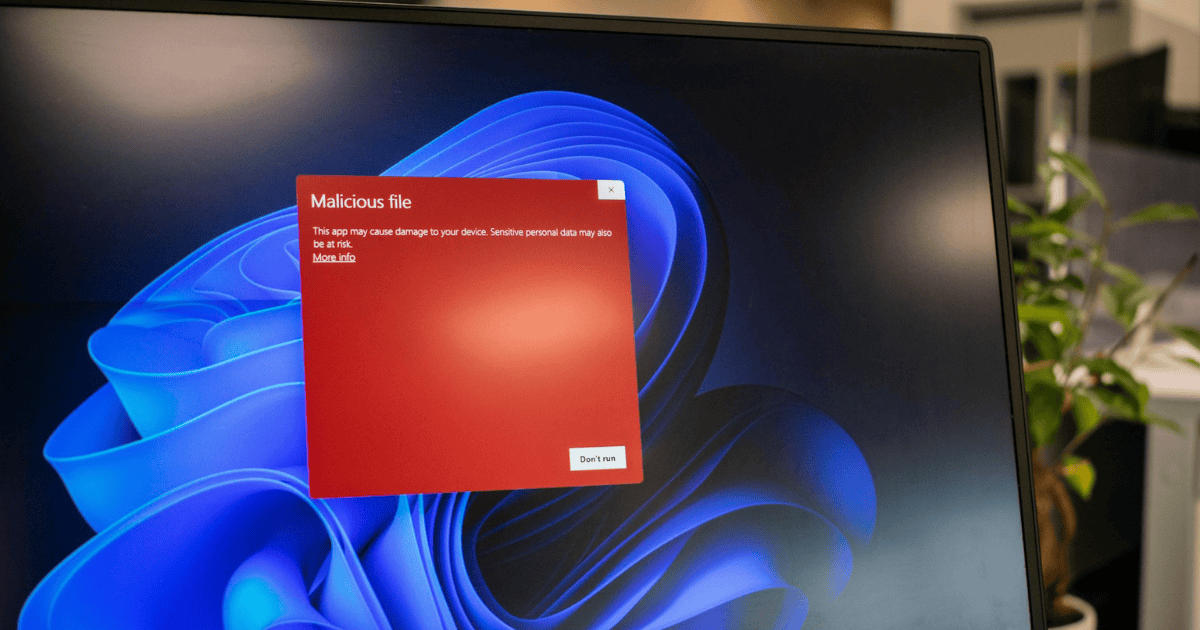Last Updated on 8 June 2023 by admin
Table of Contents
As new and emerging technology is adopted by businesses, it enables processes and operations to be faster and more efficient – accelerating growth. Although being hugely beneficial, this inevitably creates new cyber risks and poses concerns for companies of all sizes, especially those experiencing rapid growth.
An investigation by the University of Maryland concluded that there is a hacker attack every 39 seconds on average. Unfortunately, such risks cannot be escaped, and instead, they must be addressed through a cohesive strategy to secure critical data and protect systems from attacks. Although Hiscox’s Cyber Readiness Report (2020) reveals that the number of breaches has reduced more recently, the cost and sophistication of attacks have increased significantly.
The ongoing global COVID-19 pandemic and its synonymous uncertainty have forced many businesses to change their working practices, utilizing technology to facilitate working remotely. Changes to firewalls, spinning up new VPNs and using additional cloud services increase your online exposure and risk. It’s therefore imperative that you have complete visibility of your attack surface as it grows and evolves.
Why is scaling your cyber security important?
As a business’s digital footprint increases, so must its security – this will help guarantee that capacity problems don’t hinder responses to security incidents. So, scalable security is a strategy and toolset that can increase or decrease in capacity to support a larger or smaller load, subject to variations in demand. In other words, it readily safeguards your systems – even if your load increases.
Larger organizations are becoming increasingly aware of the importance of good cyber-hygiene, but as a result, the smaller ones are increasingly becoming the targets for attacks – particularly those that are experiencing growth and are still developing their security plans. According to Microsoft (2019), 43% of cyber attacks target small businesses, so a robust security strategy is vital.
Is your security program prepared to adapt as your digital environments grow?
Here are our 5 tips to scale your security:
1. Be proactive
Because the number of touch-points that attackers can access is multiplying, adopting a proactive approach to your cyber security is critical. If your business has experienced rapid growth, you are obviously doing something right. So, to keep it that way and promote sustainable development, you must be aware of your digital ecosystem and remain vigilant to potential threats.
Your security program needs to scale in line with company growth, whether that be in terms of the number of employees you have or your digital footprint. Over time, your technology requirements will naturally expand to include more users and a broader range of internal, external, and cloud services. It is vital to have regimented security controls, processes, and tools in place – such as penetration testing – to suitably prepare for scalability and avoid potentially damaging problems.
2. Get the right measures in place
In the first quarter of 2020, cyber-attacks increased by 33% – mostly spurred by the ongoing pandemic. As a result, the potential for a detrimental breach is at an all-time high, reinforcing the necessity for the best security program for your business.
Below we’ve listed some proactive cyber security tools and measures to consider:
- Penetration Testing
- Attack Surface Management tools
- Network Security Monitoring tools
- Web Vulnerability Scanning tools
- Antivirus Software
- Firewall
- PKI Services
If you aren’t using an automated approach, be sure that your team is vigilant, and any incidents are addressed and recorded immediately. You will need to ensure that your software is sustainably optimized for scalability, automating routine tasks can really help. For a growing business, there is a lot to think about, so investing in software like Informers attack surface management platform would be invaluable in terms of your business performance and trajectory.
3. Structure and train a security-minded team
Company-wide cyber-awareness is a must, so invest in your training. Once your security program is operational and you have the right tools in place, you need to think about how you will sustain your security program. A well-structured IT or security team is important to respond efficiently to any incidents that may occur, alongside routine activities such as patch management, for example, knowing who is responsible for remediating vulnerabilities detected and making sure you comply with any regulatory requirements.
Another key consideration is how you train all your employees to deal with cyber threats. Attackers are using progressively refined techniques to target unsuspecting employees and launch an attack (such as malware or ransomware).
Technology is involved in almost every job function in some form, so it is crucial that organizations thoroughly communicate their cyber security policies and procedures to all employees. But this shouldn’t be arduous – there are numerous training options available, such as the government-backed Cyber Essentials scheme.
4. Embrace continuous cyber security
It is becoming increasingly clear that anti-virus software is no longer enough to protect your data. The threat of cyber-attacks is constant, and whilst annual penetration testing is essential, you can introduce vulnerabilities at any time – particularly as your business grows. Continuous and automated cyber security tools are highly effective in providing 24/7 assurance against threats, enabling you to respond as soon as a vulnerability is identified on your assets.
Tools incorporating asset discovery and automated security testing will search for new assets and services giving you visibility of your attack surface. Automated testing will continuously search for weaknesses that if discovered by an attacker could be exploited. These tools can save a lot of time, energy, and money, making it a highly effective method for scaling your security an investment forward-looking companies are more frequently making.
5. Assurance and compliance
All businesses within the UK and EU are required to protect personal data under the General Data Protection Regulation (GDPR). Utilizing technical measures available to secure such information is always going to be favorable for businesses and their customers. In addition, bigger organizations often require evidence that others they are contracting with are security-minded, using high-level measures themselves. Therefore, scalable security is undeniably beneficial for a growing business, helping them to become trusted and also even exceed negotiation requirements. Compliance also gives your clients confidence in your organization to handle their data, because as a business grows it can lose the personalized feel that it may have previously conveyed, so they may be feeling less secure about their data. Scaling your security provides both you and your customer assurance – it’s a win-win situation.
Final thoughts
Your network security awareness should be a high priority for your business, now more than ever, and we should learn from threat intelligence and the mistakes previously made from differing types of cyber attack.
Although it may seem intimidating and somewhat difficult to keep up with, you need to be prepared for the digital future and remain resilient, for your business and your clients’.
Ultimately, scalable security offers an easy way to manage your digital environment while giving you and your customers confidence their critical data is secure.





